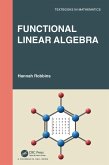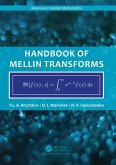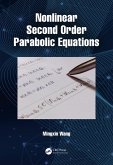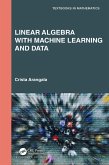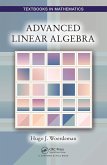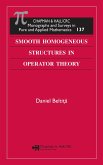This book develops an understanding of sophisticated tools by using them. Complex variable theory is developed. The first three chapters and selected topics make a nice course. This course should appeal to faculty who want an integrated treatment of linear algebra and complex analysis, including applications and also reviewing vector analysis. Students can continue with the Hilbert space chapter and conclude with probability and quantum mechanics. The first five chapters together with the last section of Chapter 7 make an applied complex variables course. Such a course would be ideal for many graduate students.
Dieser Download kann aus rechtlichen Gründen nur mit Rechnungsadresse in A, B, BG, CY, CZ, D, DK, EW, E, FIN, F, GR, HR, H, IRL, I, LT, L, LR, M, NL, PL, P, R, S, SLO, SK ausgeliefert werden.
Hinweis: Dieser Artikel kann nur an eine deutsche Lieferadresse ausgeliefert werden.



